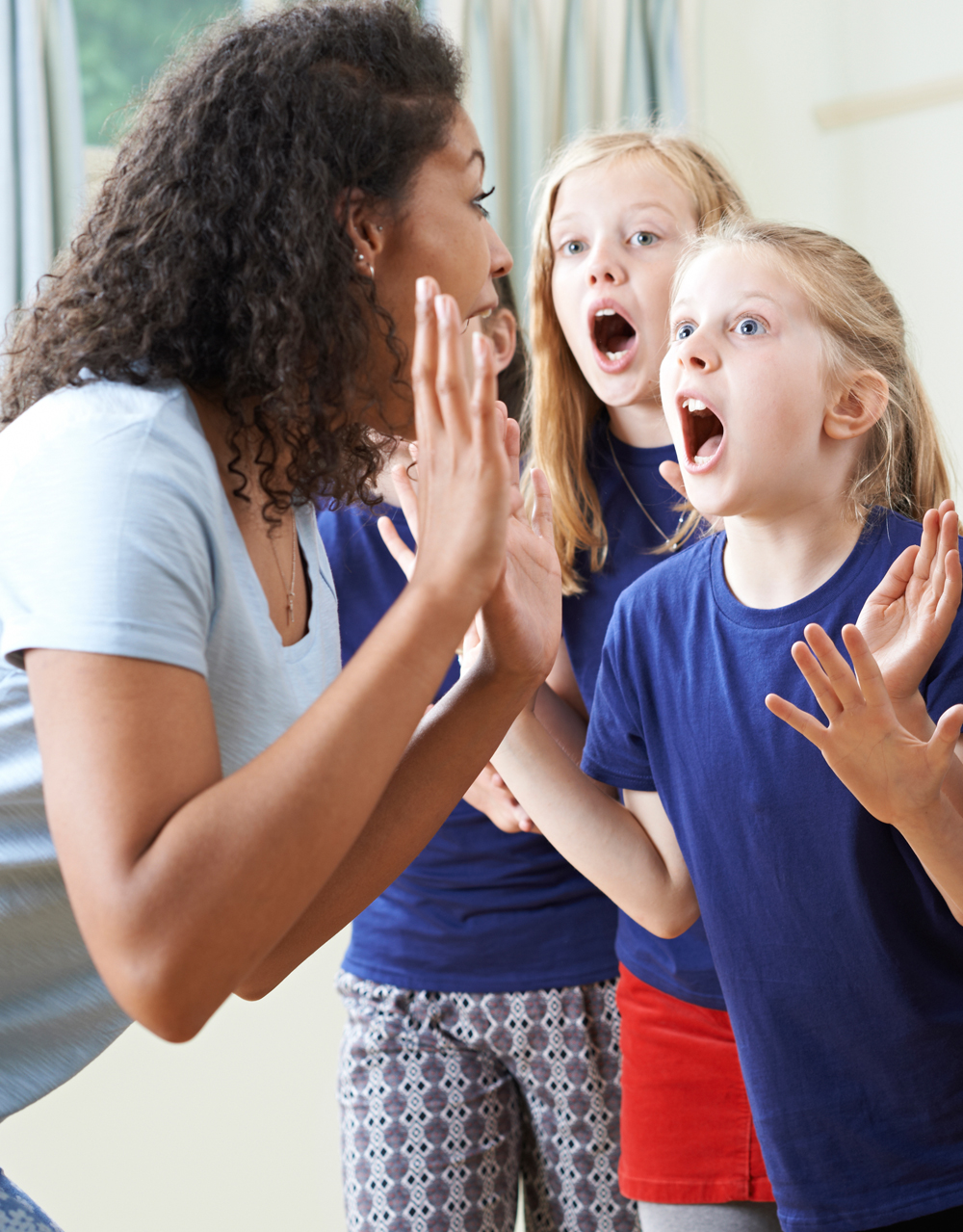Susan Elkin makes a strong case for preserving and integrating arts opportunities in schools.
A few years ago I found myself at a Saturday morning drama club in a church hall, interviewing a parent for an article I was writing about out-of-school performing arts opportunities. She was very enthusiastic about everything her daughter was learning and talked for some time about how much her 10 year old enjoyed coming and looked forward all week to her Saturday mornings. Then she said: “And I know it sounds really silly, but since she’s been coming here, her maths seemed to have improved too.”
Cut to a secondary school where I’m in the head’s office researching a 10,000-word report to be published in booklet form by the school’s umbrella organisation. “I don’t think it’s a coincidence that my students have won national cups in sport, excelled in inter-school science challenges – and staged fine musical theatre,” he said. “These things all feed off each other.” And that from a Welshman who personally coached rugby and played piano accompaniments for show rehearsals because he wanted to meet his students on their own turf and to role-model how abilities, achievements and interests can interconnect.
You simply cannot isolate the arts. They are an integral part of the totality of education – and of life. I have recently hooked up with a huge group of former students from a Kent school I taught at in the late 1970s and early 1980s. What do they remember most and want to chat about? Taking part in school shows – especially the dance aspect which was taught by an exceptionally charismatic and talented teacher. Those experiences and skills have sustained and developed them ever since and some of them are now in their fifties.
It is probably preaching to the converted to tell Ink Pellet readers that the arts are vital, essential and crucial (no apology for the synonyms) to development, mental health and the building of confidence which underpins the rest of life and achievement. Ruth Brock, who runs Shakespeare School Foundation told me once that she worked with one primary school girl from a poor background who said happily and proudly: “Now I’ve been in a Shakespeare play I know I can be a doctor.”
So what we need is some evidence to throw at our Heads and Governors when they make the decision to cut the arts still further. Try this from Universities of Missouri and Texas A&M last year: “We also find that increases in arts learning positively and significantly affect students’ school engagement, college aspirations, and their inclinations to draw upon works of art as a means for empathizing with others. In terms of school engagement, students in the treatment group were more likely to agree that schoolwork is enjoyable, makes them think about things in new ways”.
Or, closer to home: A Cultural Learning Alliance paper in 2017 argues that: “Studying the arts can improve a young person’s cognitive abilities by up to 17% and contribute to raising young people’s attainment in maths and English – particularly for children from low-income backgrounds.”
Yes, the arts are transformational, and benefits often shine through in other aspects of the curriculum. But that is not the only, or even the main, reason that they matter. If you allow a child to paint, make music, take part in a show or one of dozens of others of creative activities he or she will learn to make more sense of the world and to work out their part in it. Above all there will be enjoyment. Please note that pleasure and satisfaction have not (yet?) been banned in schools.
As schools return to some sort of normal this term, the arts are likely to be hard to hang on to. At the time of writing, for example, singing and the playing of instruments together by anyone other than professionals is forbidden. And social distancing means that drama will need ingenuity.
But hang on to them we must – somehow. Every school is, in essence, a microcosm of society. And societies don’t function properly without art. That’s why early man, and probably woman, painted on cave walls, why Shostakovich went on composing even in the face of Stalin-led disapproval and why prisoners often develop phenomenal artistic skills – look at the Fine Cell Work website if you don’t believe me! finecellwork.co.uk/pages/about-us
Allowing the arts in schools to slip away would reduce education to Gradgrindery with all its attendant underachievement and misery. It mustn’t be allowed to happen.
@SusanElkinJourn



